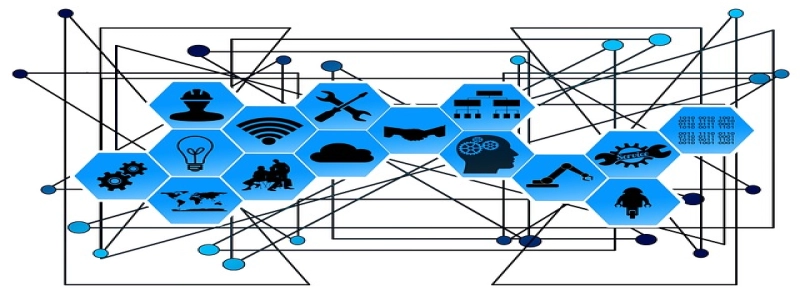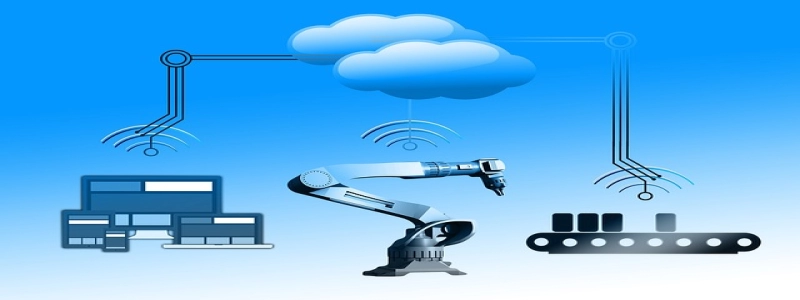Fiber Optic LAN Cable: Enhancing Network Performance and Reliability
I. Introduction
In today’s digital age, a high-performing and reliable network infrastructure is crucial for businesses and individuals alike. One key element in achieving this is the proper selection of LAN cables. Among various options available, fiber optic LAN cables have emerged as a superior choice due to their unparalleled performance and reliability.
II. Understanding Fiber Optic LAN Cable
Fiber optic LAN cables utilize thin strands of glass or plastic, known as optical fibers, to transmit data through the transmission of light signals. Unlike traditional copper-based LAN cables, which transmit data using electrical signals, fiber optic cables offer numerous advantages.
III. Advantages of Fiber Optic LAN Cable
1. Faster Data Transmission: Fiber optic cables can transmit data at incredibly high speeds, surpassing the capabilities of copper cables. This enables faster transfer of data, resulting in improved network performance and reduced latency.
2. Greater Bandwidth: Fiber optic cables have a much higher bandwidth capacity compared to copper cables. This allows for the seamless transmission of large amounts of data, making fiber optic LAN cables ideal for high-bandwidth applications such as video streaming and cloud computing.
3. Longer Transmission Distance: Fiber optic cables can transmit data over longer distances without experiencing signal degradation, unlike copper cables. This makes fiber optic LAN cables suitable for connecting devices across large areas, such as in corporate offices or data centers.
4. Immunity to Electromagnetic Interference: Unlike copper cables, fiber optic cables are immune to electromagnetic interference. This ensures uninterrupted and reliable data transmission, even in environments with high electrical noise.
5. Enhanced Security: Fiber optic cables are inherently secure as they do not emit electromagnetic signals that can be intercepted. This makes them valuable for transmitting sensitive information, ensuring greater privacy and protection against unauthorized access.
IV. Applications of Fiber Optic LAN Cable
1. Business Environments: Fiber optic LAN cables are extensively used in corporate networks, providing a robust and high-speed connection between various devices such as servers, switches, and routers.
2. Data Centers: Fiber optic LAN cables are a vital component in data center infrastructures, enabling efficient data transfer between servers and storage systems.
3. Telecommunications: Telecommunication providers rely on fiber optic LAN cables to deliver high-bandwidth internet connections to homes and businesses, resulting in faster and more reliable internet access.
4. CCTV Surveillance Systems: Fiber optic LAN cables are widely used in CCTV surveillance systems, enabling the transmission of high-quality video footage over long distances without signal degradation.
V. Conclusion
Fiber optic LAN cables offer unmatched performance, reliability, and security, making them the go-to choice for networks requiring high-speed data transmission and larger bandwidth capacities. With their ability to overcome the limitations of traditional copper cables, fiber optic LAN cables have become an integral part of modern network infrastructures. Businesses and individuals can significantly enhance their network performance and reliability by adopting fiber optic LAN cables, ensuring a seamless and efficient communication experience.








